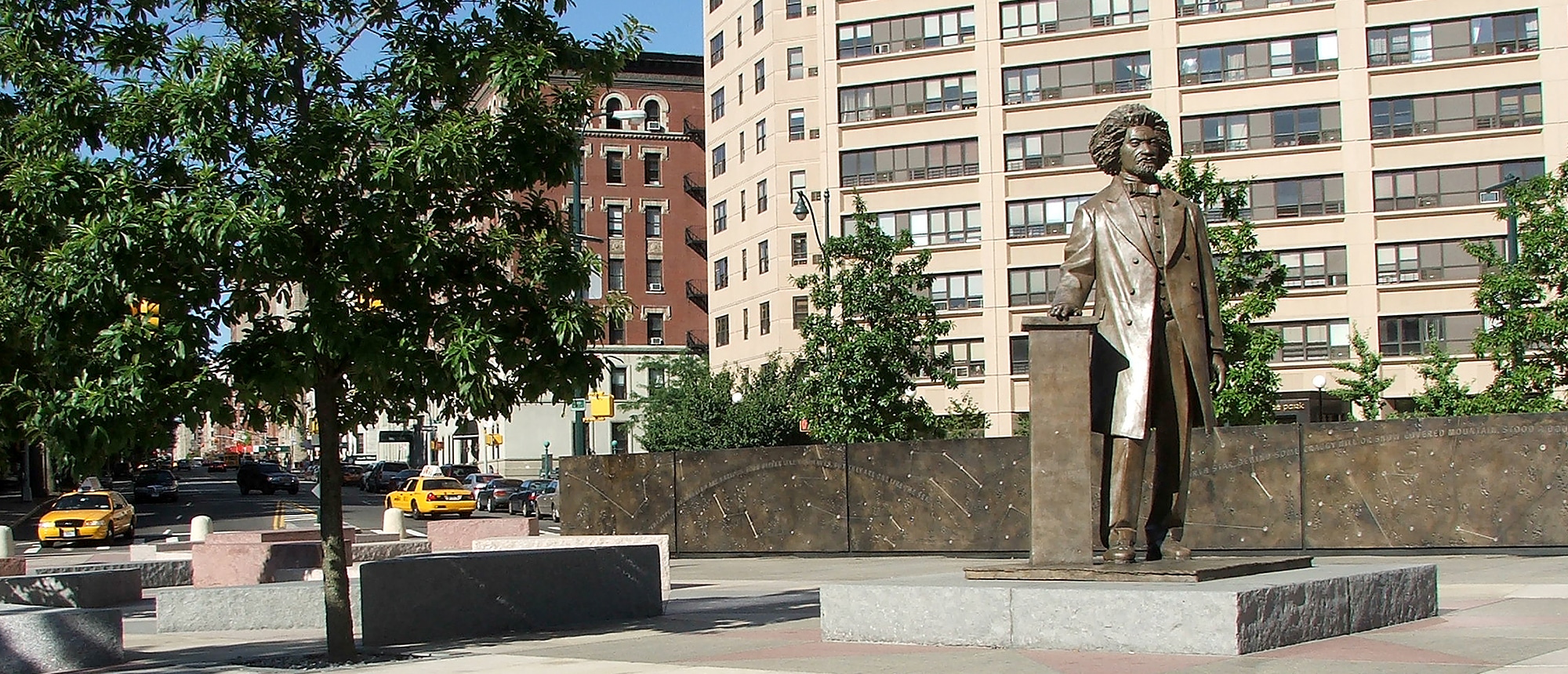You Must ‘Agitate!’ On Frederick Douglass’ 200th Birthday
A few weeks before his death, 77-year-old Frederick Douglass was asked what advice he would give to a young black American.
“Agitate! Agitate! Agitate!” was his reply.
This pioneer of civil rights lived long enough to die of a heart attack in his old age, a heroic feat in and of itself for a former slave. Douglass was born on Maryland’s Eastern Shore 200 years ago today, Feb. 14, and it is my belief that he went on to become the greatest Marylander to have ever lived. His accomplishments would stand out in any era, but when put in the context of Douglass’ having been a former slave, he was the epitome of what we call “black excellence” today.
Douglass was a banker, a lawyer, an abolitionist, an escaped slave, the most-photographed American of the 19th century, and a leader who would help hold America together as a civil war threatened to tear it apart.
He had the courage to stand up for women’s rights, Native American rights, and immigrant rights even as his own rights were still being denied.
When Douglass attended the Seneca Falls Convention in 1848, he was the only African American to do so. As collected members voiced opposition to female suffrage, he admonished them, saying: “In the denial of the right to participate in government, not merely the degradation of woman and the perpetuation of a great injustice happens, but the maiming and repudiation of one-half of the moral and intellectual power of the government of the world.”
He said he would find himself unable to accept the right to vote as a black man if women could not also claim that right, tying the struggle for his right to vote to that of female suffrage, a unifying vision of universal suffrage rather than one that pitted two marginalized groups against one another.
Douglass also spoke out against the Chinese Exclusion Act, which was the first law to explicitly prevent a specific ethnic group from immigrating to the United States.
In opposition Douglass said:
“Our geographical position, our relation to the outside world, our fundamental principles of government, world-embracing in their scope and character, our vast resources, requiring all manner of labor to develop them, and our already existing composite population, all conspire to one grand end, and that is, to make us the perfect national illustration of the unity and dignity of the human family that the world has ever seen.”
As we celebrate Douglass’ 200th birthday, his legacy endures in the faces of all those who continue to agitate, agitate, agitate in pursuit of a more just and fair America. Douglass’ influence was in the actions of lawyers who flocked to American airports to help immigrants caught in Donald Trump’s Muslim ban. We saw it in the marchers who descended upon Charlottesville , Va., to say no to the Ku Klux Klan, and in the voices of all those who participated in last year’s Women’s March to agitate against the election of a man who bragged about sexually assaulting women.
Throughout my career as a civil rights leader and community organizer, I’ve often thought of Douglass and tried to mirror his example. Essentially, at his core, Douglass was an organizer and a believer in building big broad coalitions for change. I was fortunate enough to be named Marylander of the Year in 2012, because as president and CEO of the NAACP, I helped lead a historic effort to abolish the death penalty, achieve marriage equality and pass the Maryland DREAM Act all in one year. When skeptics doubted if immigrants, LGBT and civil rights groups could all come together and advance at once, I thought of Douglass’ courage and worked to help fashion the type of coalition he described as “the perfect national illustration of the unity and dignity of the human family the world has ever seen.”
His refusal to see opportunity and justice as a zero-sum game gives us a road map for every struggle for equality since. When we act as if only one group has the ability to gain power or that the success of other oppressed groups comes at the price of another, we allow ourselves to be pitted against those who would ally with us to ensure justice for all.
This Valentine’s Day and in honor of his birthday, let’s remember Douglass’ advice to agitate in the face of injustice and his courage in saying we are stronger when we act as one.

